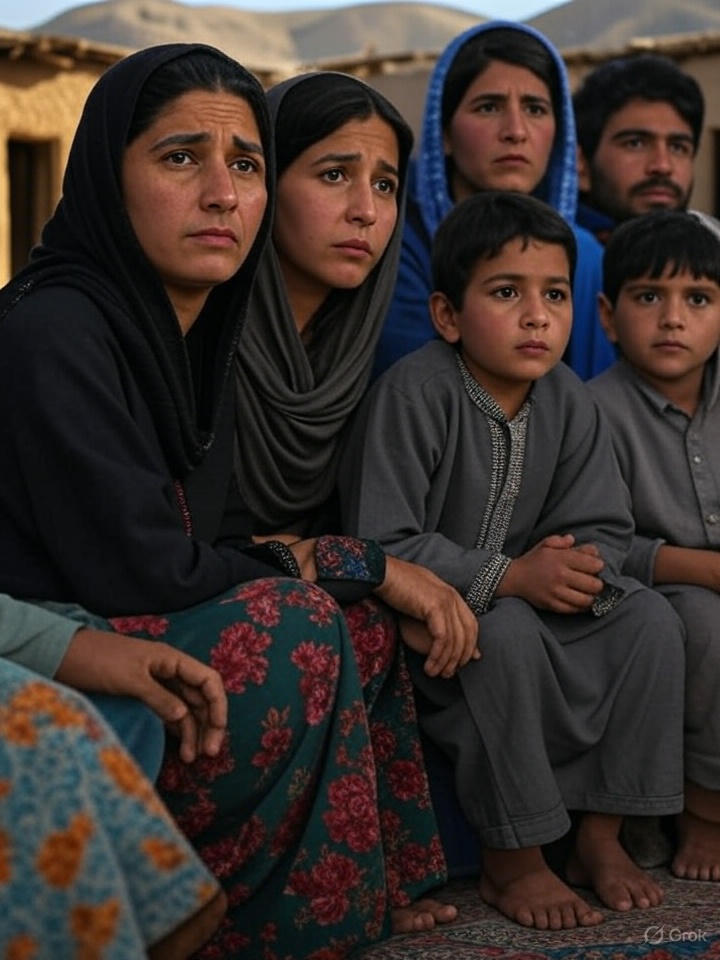Background
Over one million Afghan residing in Pakistan on UN-issued Proof of Registration (PoR) cards faced expiring documents as of June 30, 2025, causing fears of forced repatriation or rushed asset liquidation at heavy losses.(The Express Tribune) This group has been living in Pakistan for up to five decades, building businesses and investing in property.(The Express Tribune)
Potential for Massive Economic Loss
- Asset liquidation at low prices: Refugees warn they might be compelled to sell movable and immovable property—including shops and land—at substantially discounted rates due to documentation lapses.(The Express Tribune) For example, one tribe alone (Dostokhail) reportedly holds assets worth Rs 52 billion (~$300 million) in Peshawar, held via proxy due to legal restrictions.(The Express Tribune)
- Remittance revenue at stake: That same tribe reportedly sent over Rs 14 billion (~$51 million) in foreign remittances last year through earnings abroad.(The Express Tribune) Loss or displacement may cut off these revenue streams.
Broader Economic Impacts on Pakistan
- Strained public services: Over decades, hosting roughly 3.3–3.7 million Afghans has cost Pakistan an estimated $5–200 billion, covering healthcare, education, infrastructure, and security.(AP News, Foreign Affairs Forum)
- Labor market distortion: Afghan refugees often work informal and low-wage jobs, placing downward pressure on wages and increasing competition, particularly in agriculture and construction sectors afghan hound.(Policy Wire)
- Business competition in informal trade: Many Afghan-run businesses operate outside formal taxation, potentially disadvantaging Pakistani entrepreneurs and reducing tax revenue.(Policy Wire)
Humanitarian and Social Dimensions
- Returnee hardship: IOM and UNHCR estimates indicate that nearly 1.3 million PoR card holders risk losing status, with others at risk of deportation. Returnees often face broken families, loss of belongings, limited livelihood options, and increased psychological stress.(Pakistan Today)
- Host-country strain: Areas like Khyber Pakhtunkhwa and Balochistan—hosting most refugees—experience overburdened healthcare and education systems, swelling slum housing, and social tension.(WE News English)
Estimates of “Billions in Losses”
- While individual asset losses may be in hundreds of millions of dollars, the aggregate risk includes long-term economic contributions, remittances, and lost business output that could amount to billions, especially if refugees sell at throwaway rates or relocate under duress.(The Express Tribune)
- For Pakistan, diverting public resources from development to refugee services may reduce growth investments across sectors and erode tax capacity.(Policy Wire)

Long-Term Consequences & Regional Spillovers
- Future of trade & investment: Afghan traders, especially in transit trade, contribute to cross-border commerce. Forced relocation disrupts this, impacting bilateral trade and remittances.(Pakistan Today)
- Regional instability: Mass returns risk creating urban overcrowding, food insecurity, and heightened poverty—exacerbating tensions in Afghanistan, and complicating recovery efforts.(Foreign Affairs Forum)
Policy Options & Recommendations
- Extend or redesign visa regime: Policy think tanks like Beyond Boundaries advocate granting residency or investor visas to long-term Afghan traders to preserve economic value.(The Express Tribune)
- Engage international support: The financial burden on Pakistan calls for sustained international aid to stabilize displaced families and prevent economic collapse in host communities.(Foreign Affairs Forum, Pakistan Today)
- Enable legal participation: Allowing Afghan residents to open bank accounts, register businesses, access legal labor markets, and remit funds securely could alleviate informal sector distortions.(The Express Tribune, Pakistan Today)
Conclusion
With PoR card expirations now triggering profound uncertainty, Afghan refugees in Pakistan face imminent losses—selling vital assets at fire-sale prices, losing remittance flows, and being shut out from formal economic participation. These individual and communal setbacks collectively risk financial impacts in the billions of dollars, both in immediate loss and disrupted contributions to the local and regional economy. Crafting humane, economically inclusive visa and residency policies is crucial to mitigating these losses and preserving stability for both refugees and host communities.

